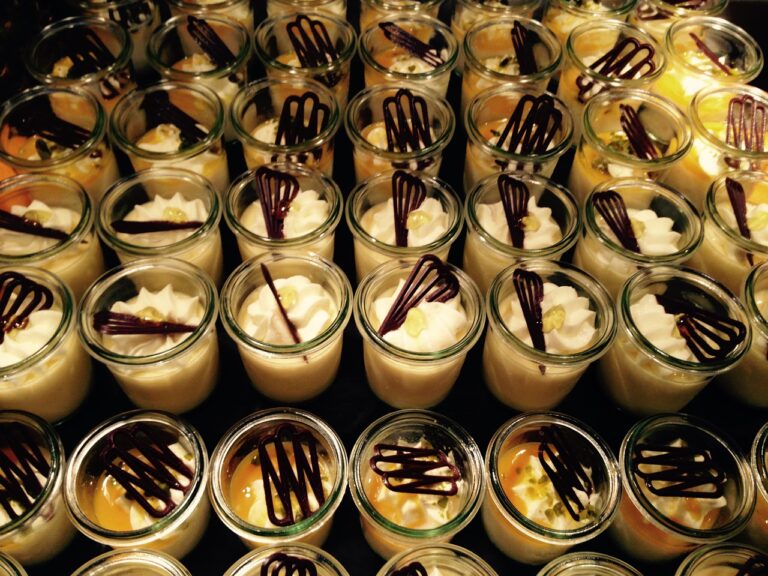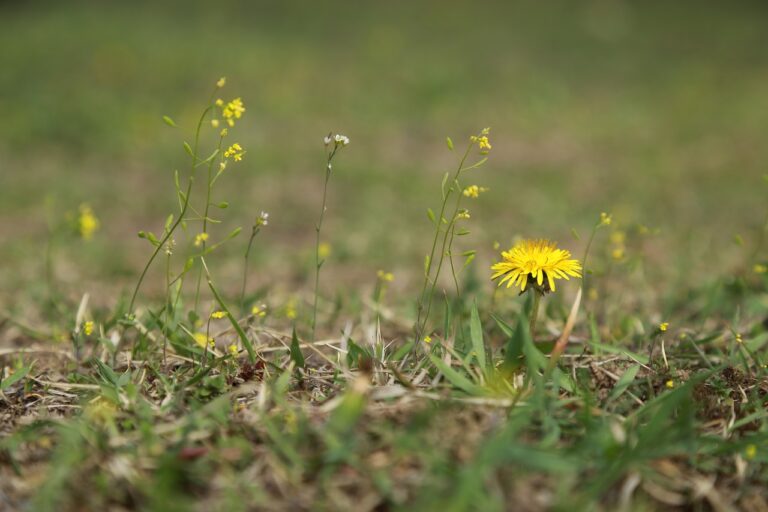The Role of Florists in Religious Ceremonies: Allpaanel, Cricket bet 99, Lotus 365.win
allpaanel, cricket bet 99, lotus 365.win: Florists play a crucial role in religious ceremonies by providing beautiful floral arrangements that enhance the beauty and symbolism of these special events. Whether it’s a wedding, baptism, funeral, or any other religious ceremony, flowers are an essential element that adds a touch of elegance and reverence to the occasion.
Here are some of the key ways in which florists contribute to religious ceremonies:
Creating Stunning Floral Arrangements
One of the primary roles of florists in religious ceremonies is to create stunning floral arrangements that complement the theme and ambiance of the event. Florists use their expertise to select the right flowers, colors, and styles that align with the religious significance of the ceremony.
Enhancing the Decor
Flowers have the power to transform any space into a beautiful and inviting setting. Florists work closely with event planners and religious leaders to design floral decor that enhances the overall atmosphere of the ceremony. From altar arrangements to pew decorations, florists can create a cohesive look that ties the entire event together.
Symbolism Through Flowers
In many religious traditions, flowers hold symbolic meanings that are deeply significant to the ceremony. Florists are well-versed in the language of flowers and can help convey specific messages through their floral designs. For example, white flowers symbolize purity and innocence, while red flowers symbolize love and passion.
Providing Support and Guidance
Florists often act as consultants, working with clients to understand their vision and preferences for the ceremony. They offer guidance on flower selection, design ideas, and budget considerations to ensure that the floral arrangements align with the overall theme and aesthetic of the event.
Customization and Personalization
Every religious ceremony is unique, and florists understand the importance of creating personalized floral arrangements that reflect the individuality of the occasion. Whether it’s incorporating specific colors, flowers, or cultural elements, florists can tailor their designs to meet the specific needs and preferences of their clients.
Adding a Touch of Beauty and Elegance
Above all, florists help bring beauty and elegance to religious ceremonies through their exquisite floral creations. Their artistry and attention to detail create a sense of awe and wonder that enhances the spiritual experience for all attendees.
In conclusion, florists play a vital role in religious ceremonies by providing their expertise in floral design, creating stunning arrangements, and adding a touch of beauty and elegance to these special events. Their knowledge of flowers, symbolism, and event logistics make them valuable partners in helping to make religious ceremonies memorable and meaningful.
FAQs
Q: How far in advance should I book a florist for my religious ceremony?
A: It is recommended to book a florist for your religious ceremony at least 3-6 months in advance to secure their services and ensure availability on your desired date.
Q: Can a florist work within my budget for the floral arrangements?
A: Yes, florists are skilled at working within different budgets and can offer creative solutions to meet your needs while staying within your financial constraints.
Q: Are there specific flowers that are commonly used in religious ceremonies?
A: Yes, there are certain flowers that hold religious significance in various traditions, such as lilies, roses, and daisies. However, florists can help you choose the right flowers based on your specific religious preferences and symbolism.







